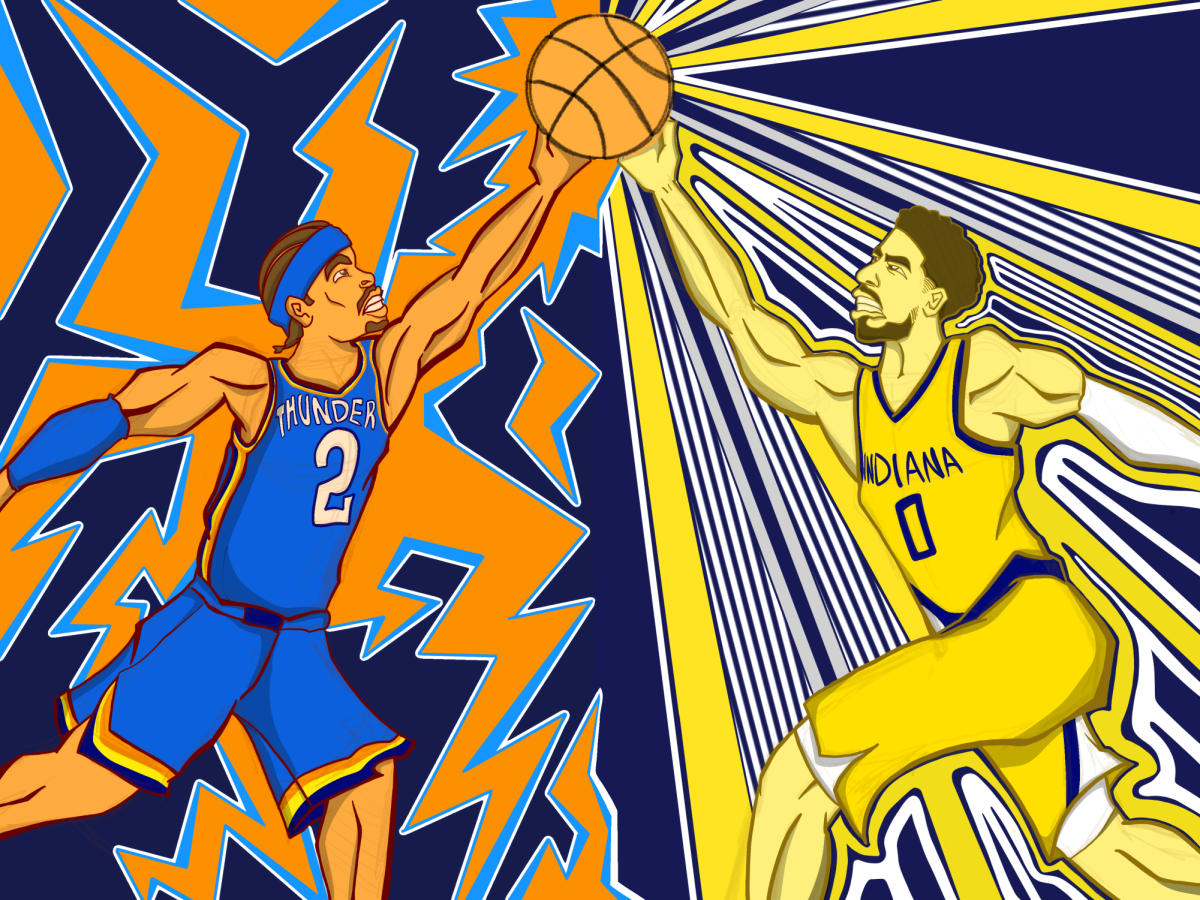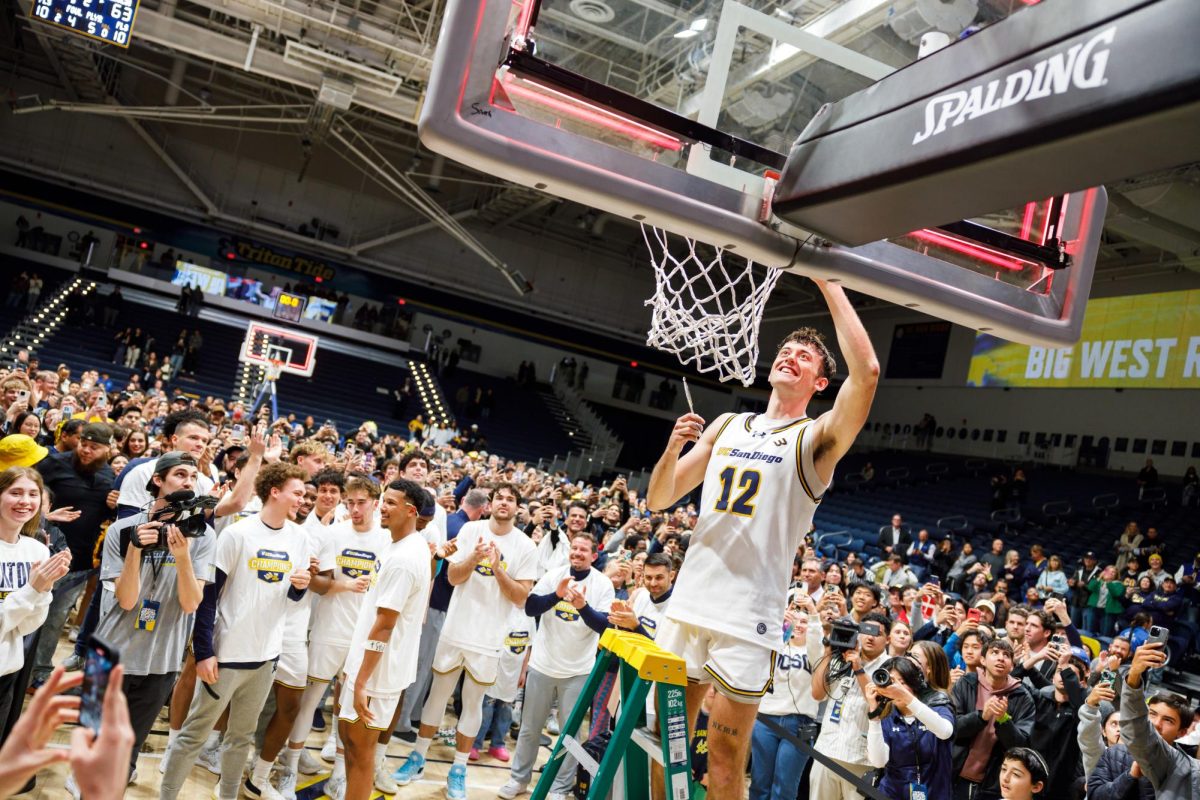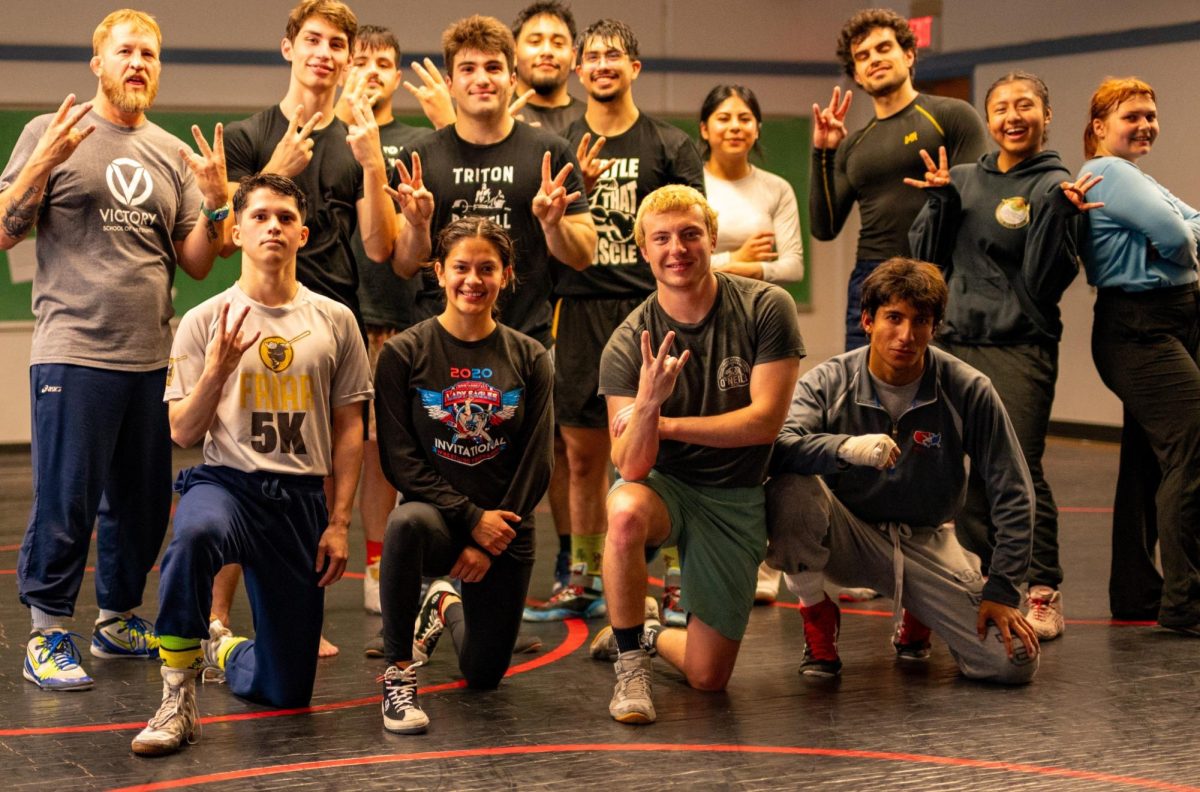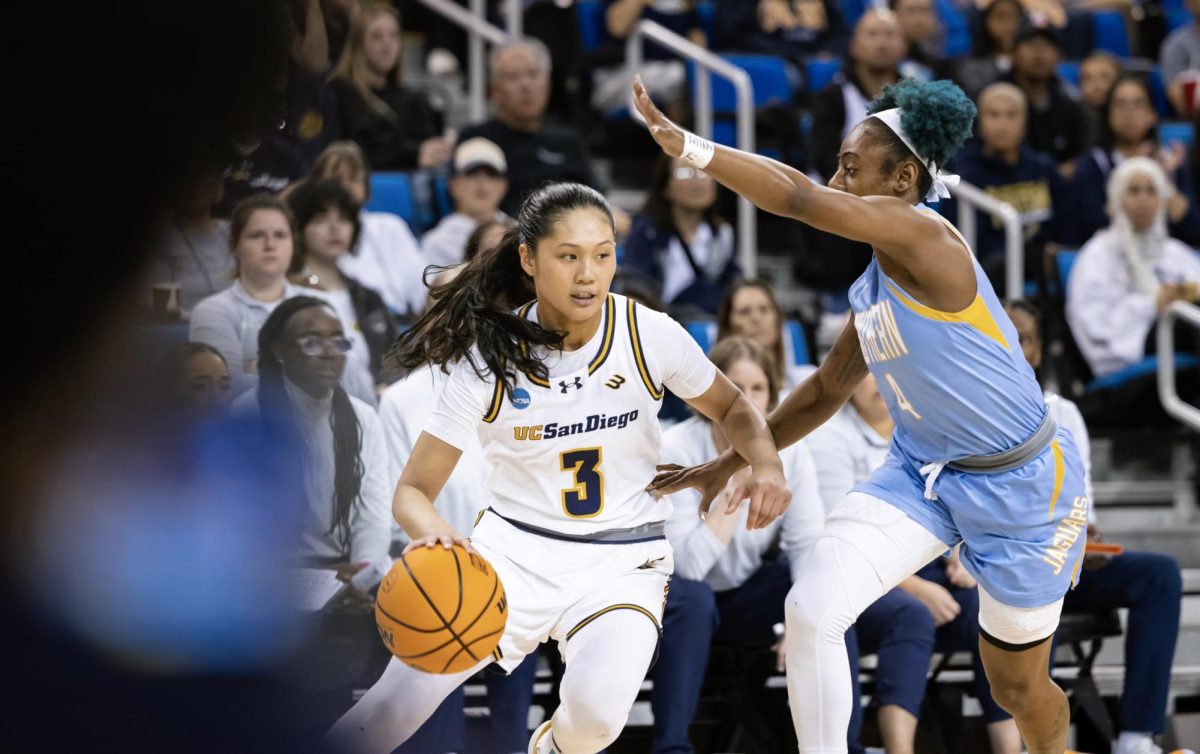The National Basketball Association Playoffs are more than halfway over, yet no one can say with any certainty which of the four teams will make it to the NBA Finals. The two remaining series, the Cleveland Cavaliers versus the Boston Celtics and the Golden State Warriors versus the Houston Rockets have been very exciting. Today, the focus will be on the Eastern Conference and whether or not Brad Stevens and the Celtics can overcome LeBron James and company.
As of May 19, the NBA Eastern Conference Finals series was in the Celtics favor, 2–1. In a not-so-surprising turn of events, the Cavaliers showed up to play. Knocking down their shots, hustling for loose balls, making the right defensive rotations, every Cavalier player was locked in and ready to defend home court at the Quicken Loans Arena.
For the Celtics, the game looked like a confirmation of fears held by many casual fans before the postseason began: They would have trouble scoring. With all-stars point guard Kyrie Irving and small forward Gordon Hayward out for the season due to injury, the Celtics had struggled offensively for stretches during the regular season. Prior to game three of the ECF, the team managed to get by with production distributed evenly across five or six players.
In the third game, the Celtics were outscored from the 3-point line by 11 3-pointers. Boston shot 6-for-22 (27.3 percent) from the 3-point line and 39.2 percent from the field. On the other side, Cleveland finished 17-for-34 (50 percent) from behind the arc and 48.7 percent from the field. Field goal percentage does not paint a complete picture of the game, but in this case, it is a fair representation of how the game played out. The Cavaliers turned up the pressure at home and forced Celtic players to take shots out of rhythm. The Celtics had no one who could impose their will on the court the same way that James does for the Cavaliers — Celtic second-year small forward Jaylen Brown, who is now averaging 18.7 points per game for the series, found himself in early foul trouble and only scored 10 points.
With Brown handicapped because of foul trouble, the Celtics were severely undermanned. The team trailed all 48 minutes of regulation, unable to string together enough stops to tie the game. The key difference for Boston in game three, besides the scoring difficulties, was the team’s inability to stop Cavalier role players from scoring. All four Cavalier starters finished in double digits — a significant improvement from game two, where Cavalier starting guards Earl Joseph “J.R.” Smith III and George Hill scored 0 and 3 points, respectively.
In spite of Cleveland’s victory, Boston still has a very strong chance of making the NBA Finals — the Celtics can lose every game in Cleveland, only win every game at home, and still advance to the finals because of home court advantage. Boston has to make adjustments, however, and figure out what the Cavaliers did differently on the defensive end in game three. The Celtics have what it takes to defeat James, but everything had to work perfectly for them. Even if Coach Brad Stevens is able to draw up enough miracle plays for the Celtics to make it to game seven, the team will be hard-pressed to reach the finals against James and the Cavs in an elimination game. Stay tuned to find out if the King finally falls. Game four of the NBA ECF will be on May 21 at 5:30 p.m.







